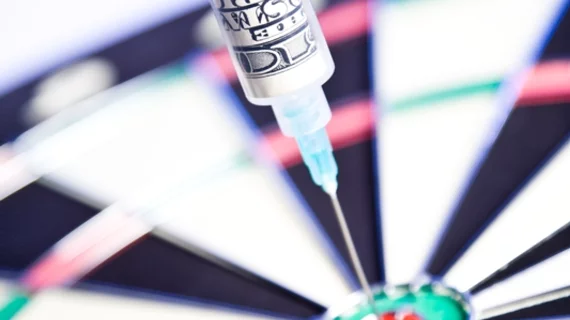ACOs saved $3.5B over 5 years
Accountable care organizations (ACOs) saved Medicare more than $3.53 billion from 2013 to 2017, according to a report from industry group the National Association of ACOs (NAACOS). After accounting for shared savings over that time period, ACOs saved the Medicare program $755 million, the report found.
The NAACOS report examined the performance of the Medicare Shared Savings Program (MSSP) for performance year 2017, building on reports from performance years 2013 to 2016. ACOs cover roughly 11 million seniors across 518 ACOs.
NAACOS’s savings are higher than CMS’s estimates, adding to the ongoing dispute between the actual rate of savings in the MSSP. For example, one estimate from Avalere Health found that upside-only ACOs, which don’t take on downside risk, actually increased Medicare spending from 2013 to 2016. Another Avalere figure found ACOs overall saved $314 million in 2017.
According to NAACOS, ACOs are continuing to save more money for Medicare and are seeing higher rates of savings over time.
“These results are undeniable,” Clif Gaus, ScD, president and CEO of NAACOS, said in a statement. “There hasn’t been another voluntary initiative in Medicare that has generated billions in savings over such a short period of time.”
The findings also come at a time when CMS recently overhauled the ACO program, calling it the Pathways to Success, requiring more ACOs take on downside risk sooner. Previously, the vast majority of ACOs only took on downside risk. However, CMS also found ACOs saved $1.7 billion in 2018, with $739 million in net savings after shared savings bonuses were awarded. The program changes also led fewer ACOs to participate. By comparison, 561 ACOs participated last year before the changes went into effect.
“Time and time again, ACOs have proven superior to Medicare’s other value-based care initiatives,” Gaus said. “CMS and Congress should look for ways to bolster ACO participation to further drive these savings.”

